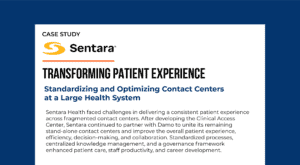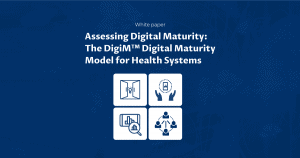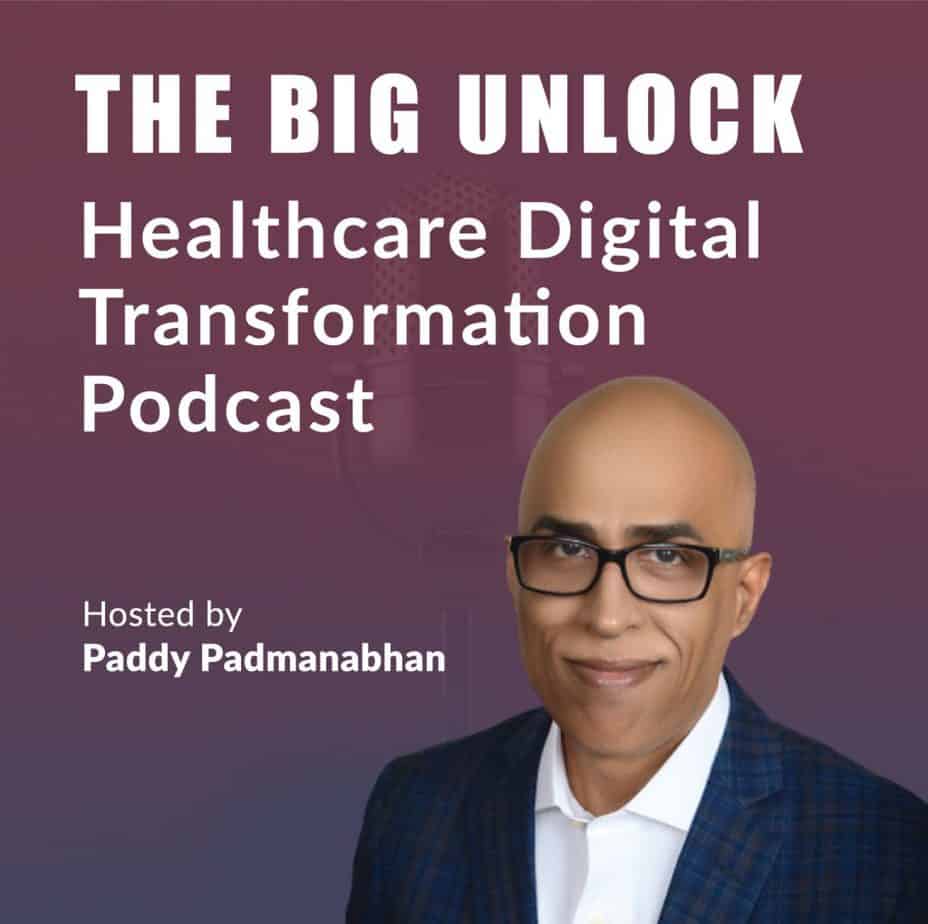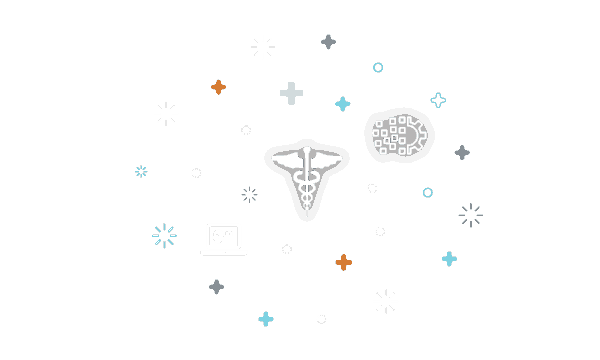5 predictions: Healthcare digital transformation and digital health in 2020
Short of a “black swan” event, 2020 will see a slow but steady advance in the digital transformation of healthcare.
Healthcare’s digital transformation has slowly but steadily gained ground in 2019. Many of the predictions I made last year continue to hold. There has been remarkable progress in a couple of areas. However, the overall pace of digital innovation remains slow relative to other sectors of the economy. The launch of the Mayo Clinic Digital Initiative and the announcement of a $ 100 M Digital Initiative by Partners Healthcare indicate a wide and growing gap between the leaders and the rest of the healthcare sector when it comes to the pace of digital transformation. The threat of non-traditional competition from the likes of CVS Health, Walmart, and even tech firms such as Amazon, is likely to spur health systems to accelerate innovation in digital health.
Here is my forecast for the coming year:
1. 2020 won’t be a breakout year for digital health startups
Healthcare’s digital transformation is underway, and many health systems are investing significant amounts in upgrading infrastructure and driving productivity through collaboration tools. Digital front doors are in vogue, and almost every health system is investing in creating superior experiences for patient access and engagement. However, my firm’s research indicates that the average health system is relying heavily on its EHR system as the primary platform for digital initiatives. Notwithstanding the high levels of VC funding and the heightened expectations from a handful of much-awaited IPO’s, the marketplace fundamentals for digital health companies have not changed much during the year. Except for a handful of leading health systems, most healthcare providers do not have a dedicated digital function or even a dedicated budget for digital health initiatives. Most health systems lack mature programs and processes for evaluating and onboarding digital health innovations. This makes it a challenging competitive environment for digital health startups. Also, the challenges of long sales cycles, short-term ROI expectations, and data interoperability remain pretty much the same as last year.2. Cloud migration will accelerate, boosted by data and analytics partnerships
Most healthcare CIO’s are bullish on the cloud today. They have come to accept SaaS solutions in the digital health ecosystem and are progressively migrating enterprise workloads to the cloud. Cloud partnerships for data integration and advanced analytics received a boost when Google signed a significant data partnership deal with Mayo Clinic. The Mayo partnership is also the first instance of a major health system migrating its EHR platform to the cloud. However, privacy concerns will mount as data sharing agreements proliferate. Google’s partnership with Ascension Health faced a backlash due to a whistleblower complaint alleging unauthorized access to patient data, triggering a federal probe. A data outage at diabetes management company Dexcom was blamed on a failure with their cloud computing service. Notwithstanding such incidents, cloud migration will continue its onward march in the coming year.3. Voice recognition technology will make the most significant gains in digital health next year
Any technology that can reduce physician workloads is bound to get attention today. Voice-enabled technology has the potential to significantly ease the burden on physician workloads by taking on mundane administrative tasks such as scribing and documentation. Voice-recognition will possibly make the biggest gains in digital health in the coming year. Amazon and Microsoft have both made significant progress with voice-recognition software during the year. The former has launched various healthcare “skills” on its Alexa voice-recognition platform, and the latter has gone the partnership route with Nuance Communications to voice-enable EHR platforms for administrative tasks as well as for clinical intelligence. Leading health systems have started reporting significant productivity gains from ambient clinical computing, driven by voice recognition software. The only downside is that voice recognition is a maturing technology with significant error rates. Presumably, the technology will improve with increased usage.4. AI will gain ground, but growth will be more in administrative than in clinical functions
I had predicted last year that artificial intelligence (AI) will make progress but will struggle with an adoption gap. AI has indeed made progress, and there are several emerging areas where the technology is showing promise, especially in population health risk assessment and interventions. However, algorithmic bias has been a constant concern about AI, especially in clinical use cases. Reports that Optum’s AI algorithm for population health management was found to contain racial bias have raised skepticism for “black box algorithms.” The bright spot for AI is that there is plenty of opportunities to make an impact on administrative functions such as revenue cycle management.5. Data sources and uses will continue to expand while interoperability challenges will recede into the background
The CMS clarified earlier this year that patients are the rightful owners of data. A proposed HHS ruling will open up access to patient data while penalizing data blocking. Big tech firms pledged during the year to work together to promote interoperability. In response to market forces, healthcare continues to make steady progress with interoperability. FHIR standards and API-led connectivity are slowly becoming the norm in application development. The uses of emerging data sources such as genomics data, social determinants of health, and patient-generated data continue to rise in population health management and new digital health solutions. Health systems will increasingly get into the data monetization business, in consortiums with other health systems, or through strategic partnerships. Among other emerging technologies, blockchain has fallen off the radar, despite being all the rage a couple of years ago. Several new technologies are worth watching. AR/VR applications are gaining ground in a range of medical procedures, as well as in educational applications. 5G networks hold promise in transforming communications within hospitals as well as in remote care models with faster data transfer to and from IoT devices. We are in the early stages of quantum computing and DNA data storage. Short of a “black swan” event, 2020 will see a slow but steady advance in the digital transformation of healthcare. Lack of alignment among different stakeholders will continue to impact the pace of digital transformation initiatives in the coming year. Many health systems are stuck in a “two-canoe” syndrome, eager to adopt digital innovation that encourages efficiencies in care delivery but hesitant to give up the fee-for-service reimbursement model that encourages increased consumption of care. The industry is in transition to a capitated model of care, however the progress has stalled in the past couple of years. The good news for innovators is that the diffusion of digital technologies in health care is happening. Just don’t expect any dramatic twist in the plot next year.Originally published on CIO.com

